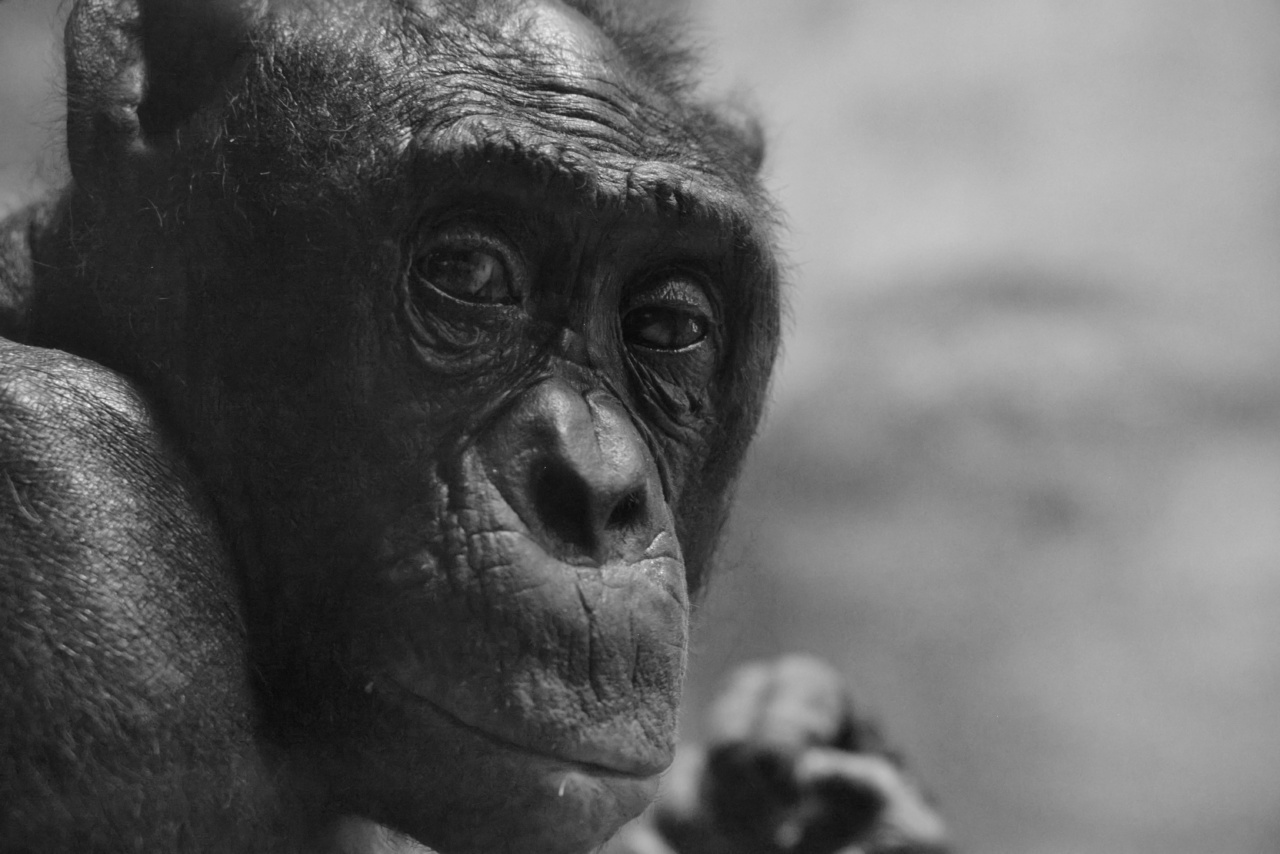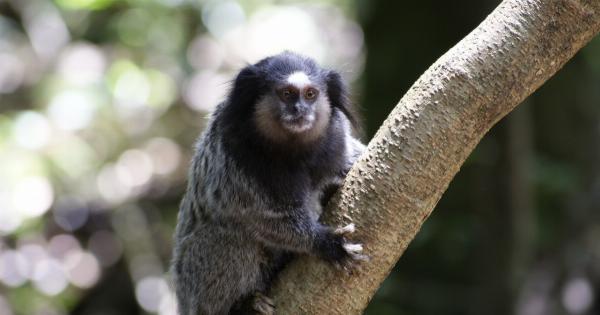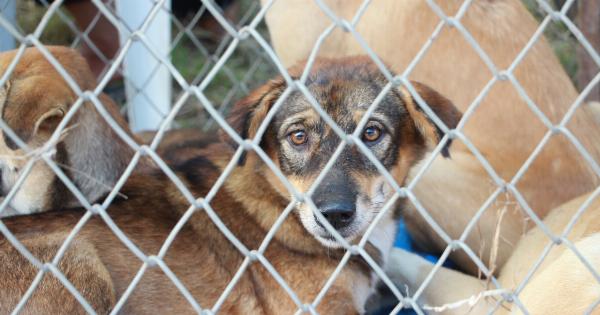Portugal has confirmed the diagnosis of ten additional cases of simian immunodeficiency virus (SIV) in monkeys, bringing the total number of cases to 49. The animals, which are kept in a research laboratory, were diagnosed following routine testing.
Officials report that there is no risk to humans, but concerns have been raised over the well-being of the animals.
What is simian immunodeficiency virus?
Simian immunodeficiency virus (SIV) is a lentivirus that is closely related to human immunodeficiency virus (HIV). There are a variety of different strains of SIV, each of which is specific to a particular species of monkey or ape.
Although SIV is typically not harmful to the animals that carry it, it can cause an immunodeficiency syndrome similar to HIV in humans.
What are the symptoms of SIV in monkeys?
Monkeys infected with SIV typically do not show any specific symptoms. However, in some cases, the virus can cause immunodeficiency and lead to other infections or diseases.
In these cases, symptoms may include fatigue, weight loss, and respiratory issues.
Is there a risk to humans?
Officials have stated that there is no risk to humans from the SIV outbreak in Portugal. The laboratory where the infected monkeys are kept is highly secure, and there is no possibility of the virus spreading beyond its confines.
What is being done to address the outbreak?
The laboratory where the infected monkeys are housed is working closely with local and national health authorities to monitor the situation and prevent the spread of the virus. All of the infected animals have been quarantined and treated as necessary.
What are the concerns for the welfare of the animals?
Animal welfare groups have raised concerns over the use of monkeys in medical research, citing ethical and moral objections. The discovery of the SIV outbreak has only increased these concerns.
However, the laboratory in question has stated that it is committed to ensuring the best possible care for its animals.
What are the long-term implications of the outbreak?
The long-term implications of the outbreak are unclear. While SIV is typically not harmful to the animals that carry it, it can still cause immunodeficiency and lead to other infections or diseases.
Additionally, there is always the risk that the virus could mutate and become transmissible to humans.
What can be done to prevent future outbreaks?
To prevent future outbreaks of SIV in monkeys, it is essential to ensure that laboratory conditions are of the highest possible standard. Regular testing and monitoring can help to identify any cases early and prevent the spread of the virus.
Additionally, efforts should be made to reduce the use of animals in medical research and explore alternative methods.
Conclusion
The outbreak of SIV in monkeys in Portugal is a cause for concern, particularly regarding the welfare of the animals involved. While there is no risk to humans, the long-term implications of the outbreak are unclear.
Efforts must be made to prevent future outbreaks and ensure that laboratory conditions are of the highest possible standard.































